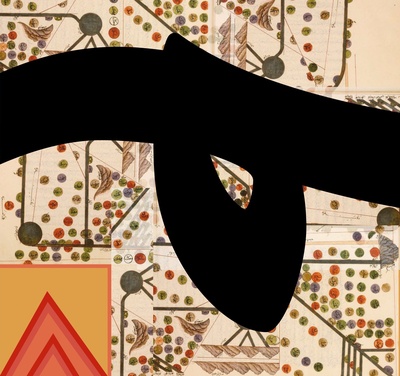
This online version of the Arabic text of al-Muqaddasī’s Aḥsan al-taqāsīm fī maʿrifat al-aqālīm contains both editions by M.J. de Goeje: the first edition, published in 1877, and the second edition from 1906. It also presents the additional material (Praefatio, Glossarium, Addenda, and Indices) that appeared in the other BGA volumes.
Shams al-Dīn Abū ʿAbdallāh Muḥammad b. Aḥmad b. Abī Bakr al-Bannāʾ al-Shāmī al-Muqaddasī is one of the most prominent representatives of Arabic geography in the second half of the 10th century CE. Building on the tradition of the “atlas of Islam” of which al-Iṣṭakhrī and Ibn Ḥawqal were also representatives, al-Muqaddasī was the first to systematize the subject into a proper science of geography of Islam for the benefit of both merchants and the cultivated man. Al-Muqaddasī’s Aḥsan al-taqāsīm fī maʿrifat al-aqālīm (“the best division for the knowledge of the provinces”) was the first work of its kind to be accepted as a form of literature. The treatment of each “province” (iqlīm) begins with the division of its districts and towns, followed by their description. Then a general chapter of the province tends to discuss the following aspects: climate, products and specialties, waters, mines, mountains, holy places, money, taxes, weights and measures, customs, marvels, calendar, political power, factions, schools and Qurʾānic readings, and routes. Aḥsan al-taqāsīm fī maʿrifat al-aqālīm by al-Muqaddasī covers North Africa (including Iberia), Egypt, the Arabian Peninsula, Greater Syria, Iraq and Upper Mesopotamia, as well as eight non-Arab provinces including Iran and Afghanistan.
Read more